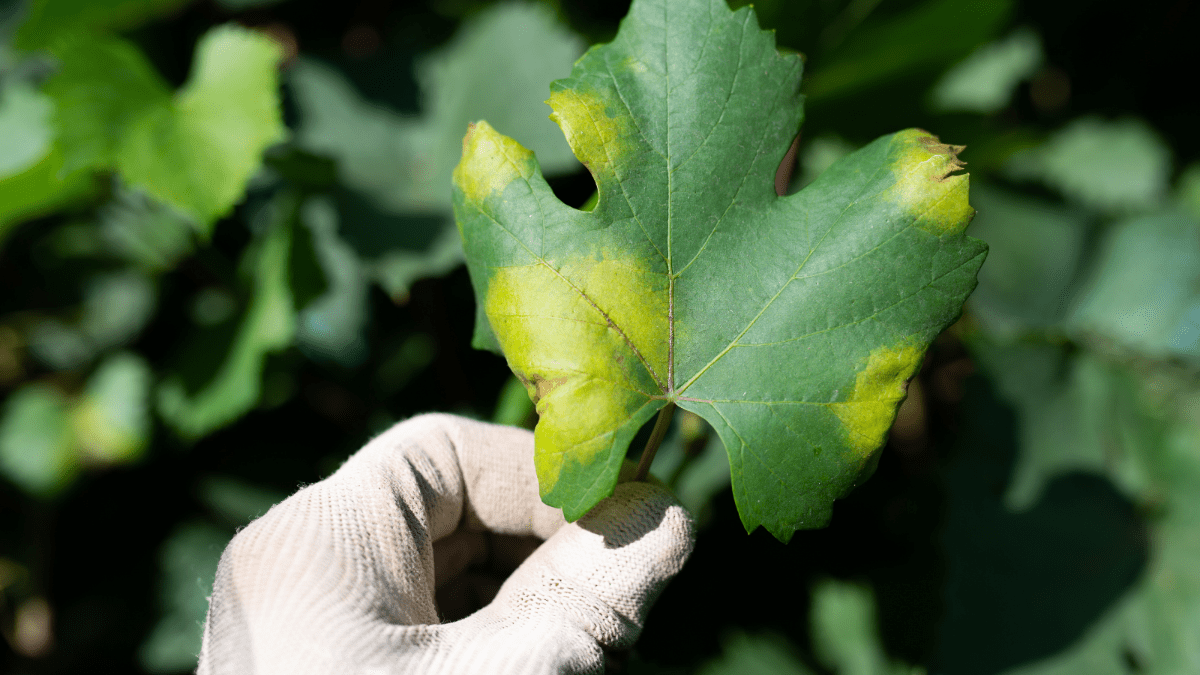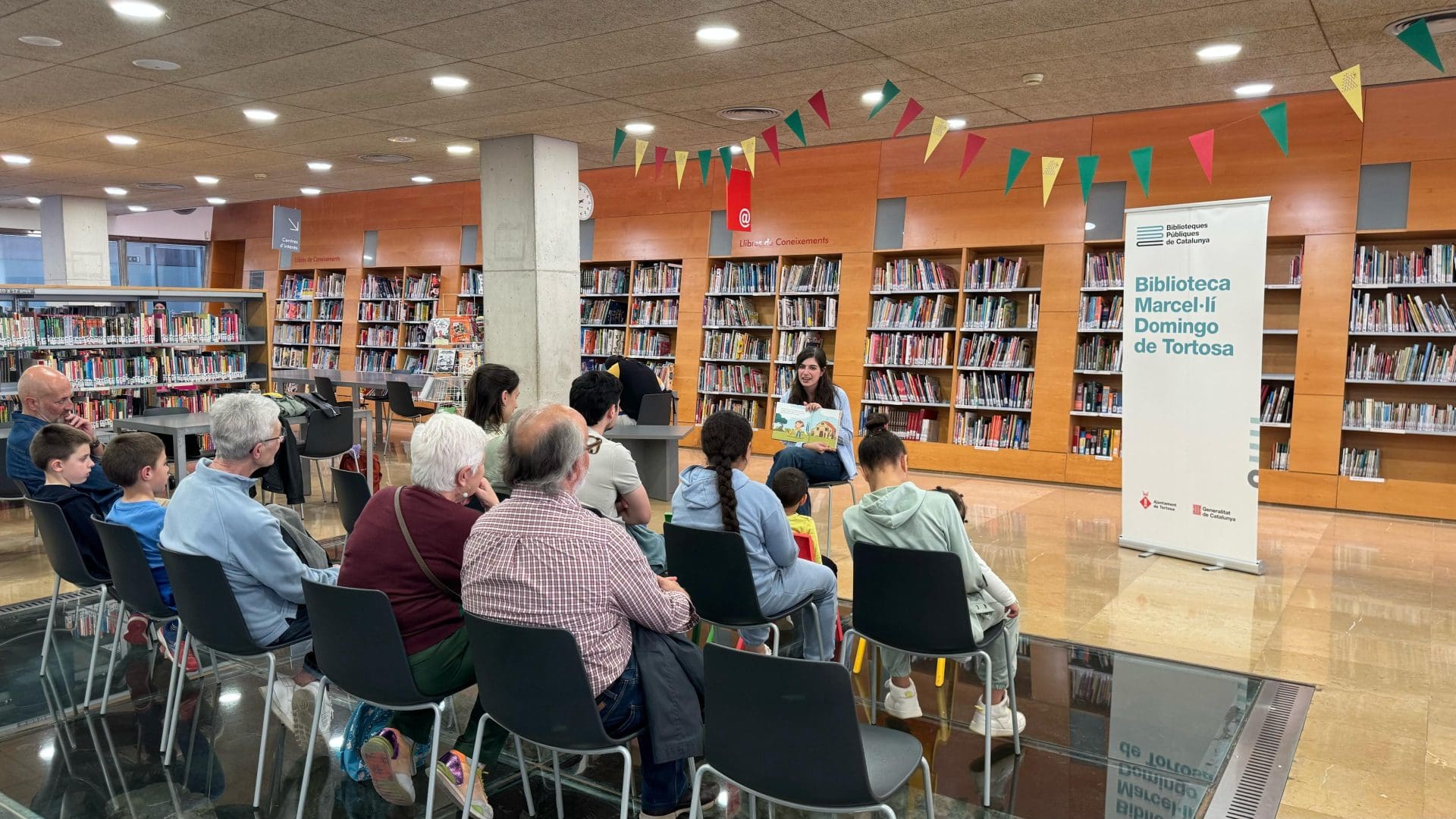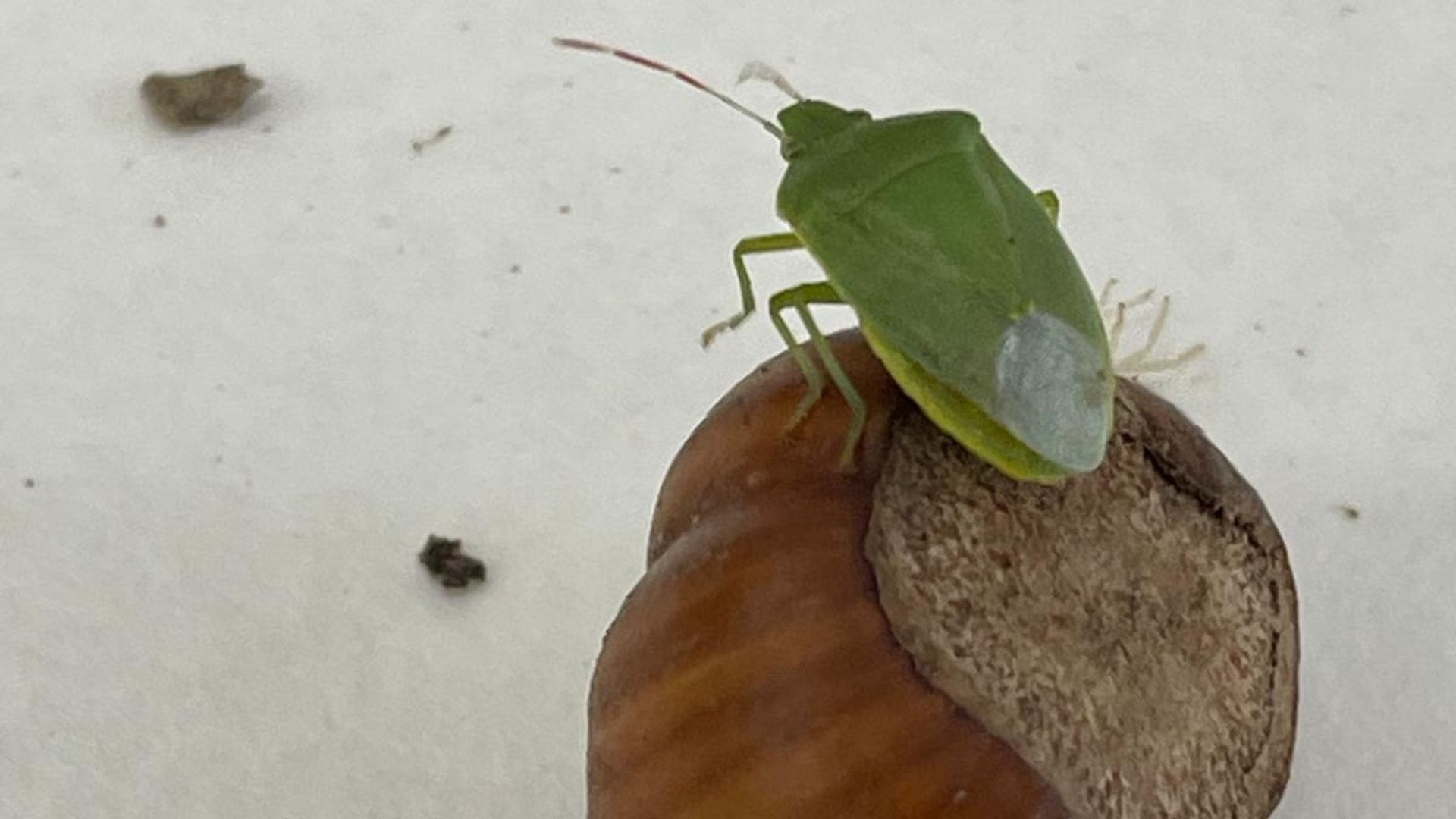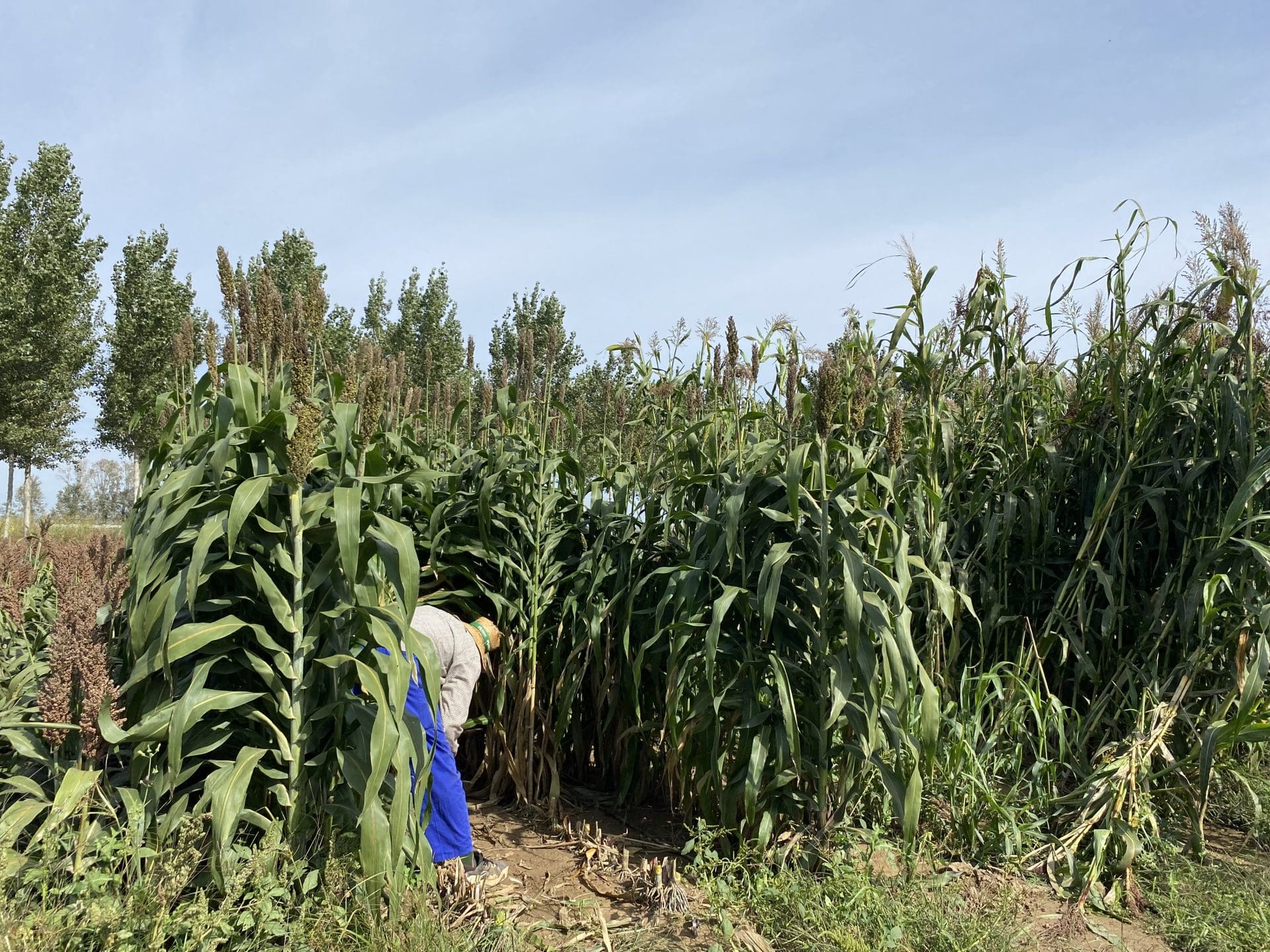
A new EU-funded H2020 project has just been launched with the aim to create a more holistic approach to ensure food security and healthy food access for an increasing population, while addressing the European Union directives and priorities for a sustainable use of pesticides. Through a series of case studies in Mediterranean olive groves and vineyards, the project aims to develop and test a pool of novel, integrated and sustainable strategies technically and economically viable for different crop systems to eliminate or significantly reduce the use and the negative impacts of contentious Plant Protection Products (also known as pesticides).
The project aims to reduce environmental pollution and the damage to non-target organisms as well as the achievement of a better economic sustainability for Mediterranean farmers. NOVATERRA’s new efficient strategies will be derived from the integration of three key approaches:
· The use of alternative and natural protection products (biopesticides, biocontrol and innovative adjuvants and formulations);
· The use of a smart farming platform for a more precise application of the protection products;
· The testing of new soil management, functional biodiversity strategies and weed management robotics for a greater crop health with less chemicals.
The proposed solutions will be aligned with current market needs, consumer sensitivity, current and upcoming European legislation, as well as farmers and producers’ diverse investment capacity in the Mediterranean regions. Hence, NOVATERRA will be adapted to different edaphoclimatic regions allowing farmers to improve their Integrated Pest Management strategies for protecting vineyards against downy and powdery mildew, botrytis and grape moth, as well as olive groves against olive leaf spot, fruit fly, olive moth and black scale.
Due to its multi-actor approach, NOVATERRA will create a Stakeholders Network with project external agents, seeking to involve not only farmers, but also other relevant agents such policy makers, experts an associations of olive oil and wine producers, auxiliary industries and citizens. The stakeholders shall participate in the initial diagnosis, participate in focus group meetings and workshops and other exploitation activities and provide specific consulting advice.
The participation of stakeholders together with the organisation of Communications, Dissemination and Training activities will contribute to the maximisation of NOVATERRA impact, ultimately bridging the existing gap between Mediterranean farmers and central and northern European farmers in terms of technology adoption and efficient use of pesticides in agriculture.
NOVATERRA Consortium is lead by IRTA and is constituted by a total of 19 entities from 6 countries (Spain, Portugal, France, Italy, Greece and Belgium) with different profiles, who will design, develop, test and exploit the solutions:
- research centres and universities (UPC, UNICATT, IFV, IPB, UBU, AUA, INESC TEC),
- technological SMEs (HORTA SRL, AGENSO),
- producers (TERRAS GAUDA, MYROLION),
- large companies in the industry (CORTEVA, SOGRAPE),
- producers and transference associations (VITAGORA, EBS, PTV, APPITAD, UNAPROL).
"It is a very ambitious project, and starting in a year with such a high incidence of mildew, in the International Year of Plant Health, is even more relevant", emphasises Felicidad de Herralde, IRTA researcher and project coordinator. In addition to coordinating the project, IRTA is actively involved in testing alternative products on olive trees, through the Sustainable Plant Protection and Fruit Production programmes, and on vines through the Fruit-growing programme in collaboration with VITEC. It also participates in soil management strategies and in the elaboration of new guides and itineraries for integrated pest management, as well as in the evaluation of the economic and environmental impact of the proposed practices, in collaboration with CREDA.
The NOVATERRA project (Integrated novel strategies for reducing the use and impact of pesticides, towards sustainable Mediterranean vineyards and olive groves) started on October 27th, when the project partners kicked off with their first meeting. This project will receive more than 4.8 million euros through the European Union's Horizon 2020 research and innovation programme. The project is scheduled to last 4 years, until October 2024.

The NOVATERRA project has received funding from the European Commission's Horizon H2020 programme (grant agreement no. 101000554).


